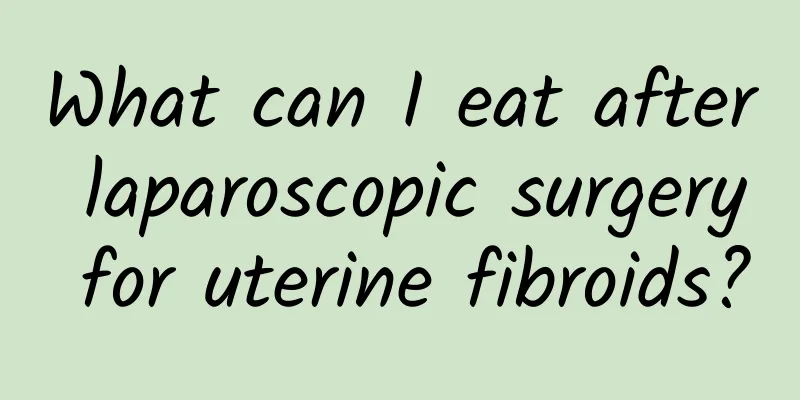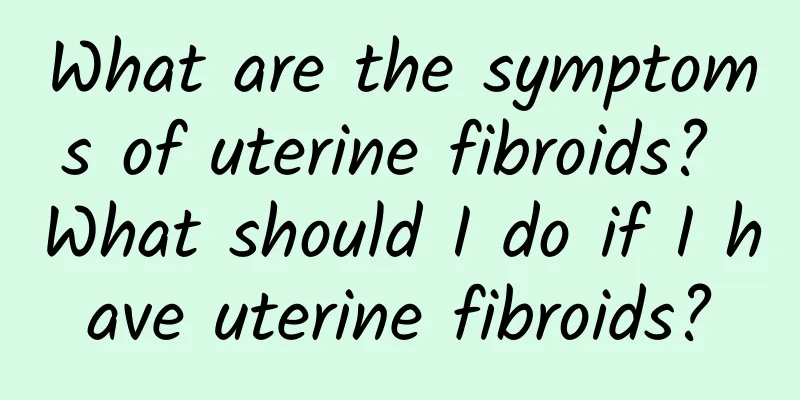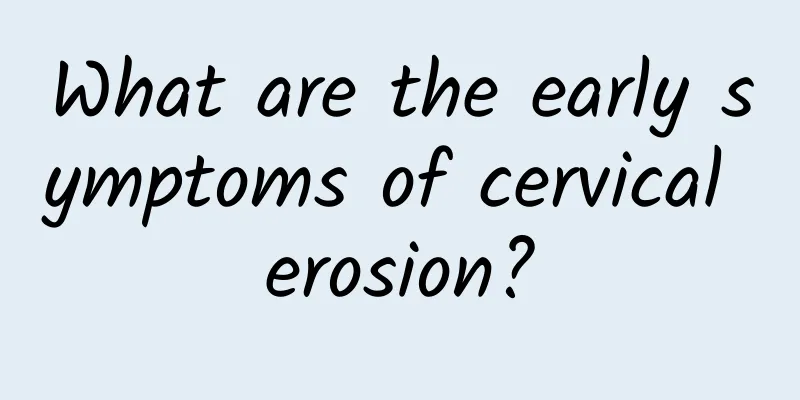How harmful are uterine fibroids to women?

|
Uterine fibroids are not unfamiliar gynecological diseases to female friends. As we all know, the uterus, as a reproductive organ, maintains women's menstruation and fertility. Therefore, once you suffer from uterine fibroids, the consequences are disastrous. Let's take a look at how serious the harm of uterine fibroids is. 1. Infertility or miscarriage is the most common hazard of uterine fibroids. Uterine fibroids patients have fibroid tissue in the uterine corners compressing the entrance of the fallopian tube, causing the uterus to deform and hindering the implantation of the fertilized egg, ultimately leading to infertility. In addition, according to statistics, the spontaneous abortion rate of fibroid patients is also higher than that of ordinary people, with a ratio of 4:1. 2. Adhesion or inflammation. After the subserosal uterine fibroids of patients with uterine fibroids are twisted, intestinal adhesions will occur, which will be infected by intestinal bacteria. The inflamed fibroids will adhere to the uterine appendages, causing suppurative inflammation. On the other hand, fibroids can also cause pathogenic bacteria to invade other uterine organs due to bleeding, causing gynecological inflammation such as adnexitis and pelvic inflammatory disease. 3. Infection and suppuration. The harm of uterine fibroids can cause pelvic congestion and infection. The infection is mostly caused by the torsion of the tumor pedicle, while blood-borne infection is extremely rare. After infection, a few patients will form abscesses in the tumor tissue, while the rest will show suppuration. 4. Free fibroids. Subserosal uterine fibroids can twist at the pedicle, causing acute abdominal pain. In severe cases, if not treated, the pedicle may be broken and a free fibroid may form. Of course, the twisted fibroids can also move the entire uterus, making the uterine fibroids more serious. 5. The most terrible harm of uterine fibroids is malignant changes. Uterine fibroids are benign tumors, but a few women still cannot escape the risk of malignant changes, which is particularly prominent in older women. Therefore, those with rapidly growing fibroids or postmenopausal fibroids should be vigilant. The above are all the hazards of uterine fibroids. I believe everyone is aware of the seriousness of uterine fibroids. The lesions caused by them are immeasurable, and the spread of uterine fibroids is also very fast. Therefore, patients with uterine fibroids must go to the hospital for examination and treatment in time to control the disease. Uterine fibroids http://www..com.cn/fuke/zgjl/ |
<<: What are the clinical symptoms of adnexitis?
>>: What are the symptoms of uterine fibroids?
Recommend
What medicine should I take for menopausal fever? Experts have explained it to you
This symptom can be improved by supplementing est...
What are the symptoms of menopause?
Menopause is medically known as amenorrhea. Ameno...
Uncles also have big muscles! Daily exercises to strengthen your muscles
I get out of breath after climbing just a few ste...
Typical symptoms of vulvar leukoplakia
Vulvar leukoplakia is a gynecological disease, an...
What are the main precautions for painless abortion?
Painless abortion is one of the abortion surgerie...
How can girls relieve dysmenorrhea in winter? What are the methods to relieve dysmenorrhea?
For many women, the freezing winter is not only a...
Is viral cervical erosion contagious?
Some women are completely unaware of their cervic...
How to treat postpartum cervical erosion? 3 clinical methods for treating postpartum cervical erosion
Patients with postpartum cervical erosion can gen...
What are the symptoms of cervical erosion after abortion? Five symptoms of cervical erosion after abortion
Cervical erosion also has a great impact on women...
How much does it cost to treat pelvic peritonitis?
Female friends are very familiar with pelvic peri...
Is adnexitis the same as pelvic inflammatory disease?
In life, many female friends have very vague defi...
How to differentiate miscarriage
No one wants to see an unexpected miscarriage aft...
What are the symptoms of cervical erosion?
If you want to cure cervical erosion better, you ...
How to prevent bacterial vaginosis? Doctor: Do these 4 things to prevent it
Healthy living habits, a healthy diet, personal h...
A magic weapon for fat loss! The king of fruits, kiwi fruit, helps you lose weight
The kiwi fruit has a sweet and sour taste and is ...









